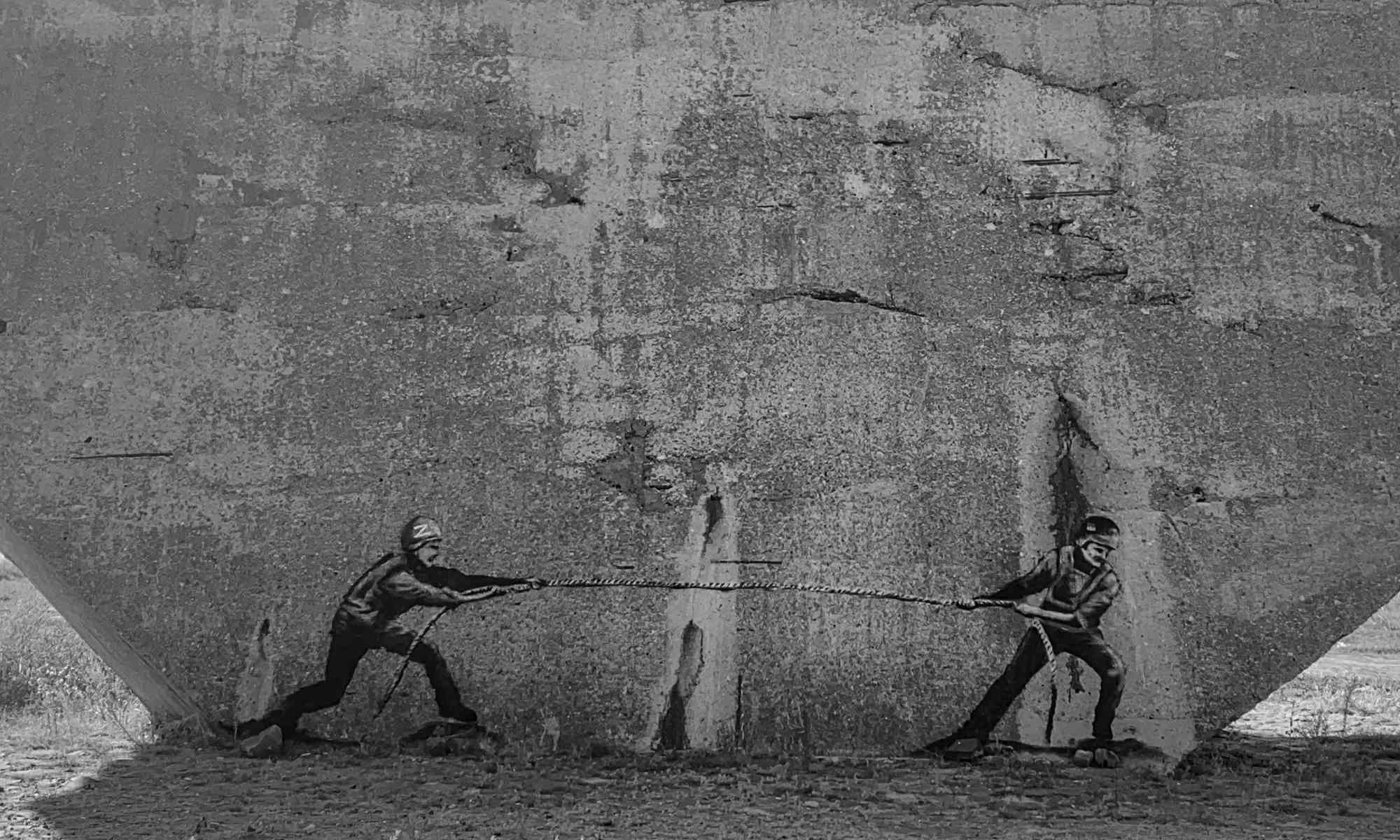Does it matter if government is dysfunctional? That’s the question Joshua Johnson, host of the syndicated NPR show 1A, posed to panelists on his live radio show on Monday morning against the backdrop of the latest government shutdown. Part of the three-member panel was David Primo, the Ani and Mark Gabrellian Professor and associate professor of political science and business administration at the University of Rochester.
Primo, for his part, sought to put the government shutdown in perspective. While it affects individuals in specific situations—and would prove harmful in general if it persisted for several months—“if it goes on for a week, or 10 days, its effect on the economy is negligible, just a blip in a much larger picture,” argued the author of Rules and Restraint: Government Spending and the Design of Institutions (University of Chicago Press, 2007). However, Primo has written extensively in his own research that the federal budget process needs to be radically overhauled.
“As long as you have a government that is intimately involved in every aspect of our lives, there are always going to be attempts to influence it,” Primo said. “And these attempts are going to lead to messiness. This shutdown is a sort of reflection of this messiness.”
In recent years, Congress has failed to adhere to the traditional budget process laid out in the 1974 law, noted fellow panelist Elaine Kamarck, a senior fellow for governance studies at the Brookings Institution. “They can’t agree on things because it’s a very polarized and very divided Congress, which frankly is reflecting a polarized nation,” she said.
Panelist Mehdi Hasan, host of Al Jazeera English and a columnist for The Intercept, argued that the United States is unique among major democracies in experiencing at regular intervals the shutdown of its government. The American political system is on “so many levels democratically dysfunctional,” he said.
An expert in fiscal policy, campaign finance law, and corporate strategy, Primo said that while many of his colleagues around the country had thought that “democracy was done” when Donald Trump was elected president, others saw it instead as a kind of stress test for democracy. “And I think democracy passed with flying colors,” he said. “Despite having a president who has made many missteps with regard to fundamental liberties, our country stands, our economy stands, our government stands.”
Introducing unrelated issues—such as immigration—into budget legislation is a tactic with a long history in Washington. The panelists agreed that the practice complicates the search for common ground, and ultimately hampers a lasting agreement to fund government.
Primo says that in a perfect world, one might be able to restrict legislations to single subjects; but the divisive political environment encourages the bundling of issues, leading to a chaotic system.
“Those who control the agenda, can really control the nature of the debate, and potentially the outcomes,” Primo said.



